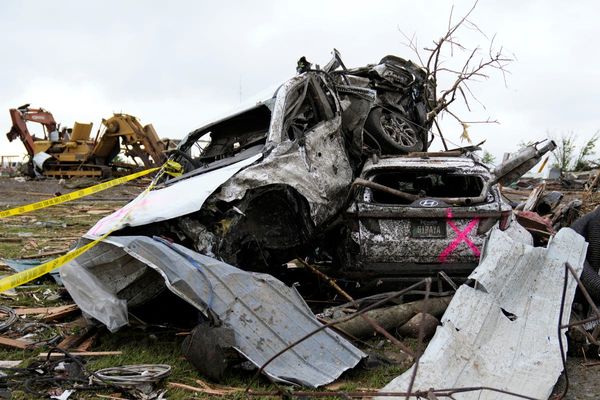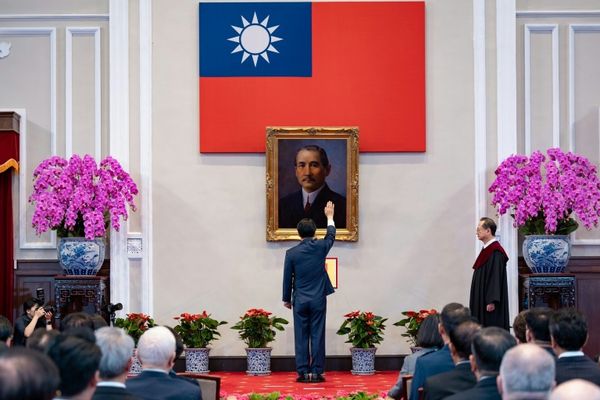
The Public Health Ministry has outlined measures to ease the shortage of medical personnel in the state sector by expanding the pool as much as possible according to the law within three years, according to the government.
The measures could see the number of doctors climb by 40% and nurses by more than 50% by 2026, said spokesman Anucha Buraphachaisri.
He said Prime Minister Prayut Chan-o-cha was concerned about the persistent shortage, which has caused doctors, particularly new graduates, to face heavy workloads, prompting many to leave state-run hospitals for less-stressful and higher-paid jobs in private hospitals.
Mr Anucha said Gen Prayut was fully aware of what is driving the shortage of medical personnel, and the government has initiated measures to address the problem in both the immediate and long term.
More medical personnel must be diverted to rehabilitating the estimated one million drug addicts nationwide, which has been one of the ministry's priority tasks.
Tambon health promotion hospitals designed for delivering medical care to people in rural areas are also not functioning at full capacity, Mr Anucha said.
The hospitals are intended to keep people from taking trips to seek treatments at larger city hospitals and ease over- crowding.

Mr Anucha said the ministry and Civil Service Commission, which is in charge of allocating state-sector manpower, have formulated measures to alleviate the crippling medical personnel shortage.
He said it had been agreed that more doctors and nurses will be cultivated within the next three years until the legal cap is reached.
By 2026, it is expected there will be an additional 10,929 doctors, up 44% from now, and an extra 59,885 or 51% more nurses will be trained. Currently, there are 24,649 doctors and 116,038 nurses nationwide.
The spokesman said a committee would study whether regulations could be relaxed so nurses can be promoted to nurse specialists. Brighter career prospects will hopefully encourage them to remain in the state sector, he added. Doctors also need to be redistributed more effectively with more training offered to residency doctors at regional and other state-run hospitals so they can treat more patients and handle complicated procedures, he said.
The extra training will be counted as part of their duties, so it can be used as a criterion when they are considered for promotions.
Mr Anucha said more young doctors would undergo training to tackle the shortage of personnel in specialised fields.
Also, the government will expand the Collaborative Project to Increase Production of Rural Doctors (CPIRD), which was launched in 1994, to allocate more doctors to work in far-flung areas where people have limited access to healthcare.







